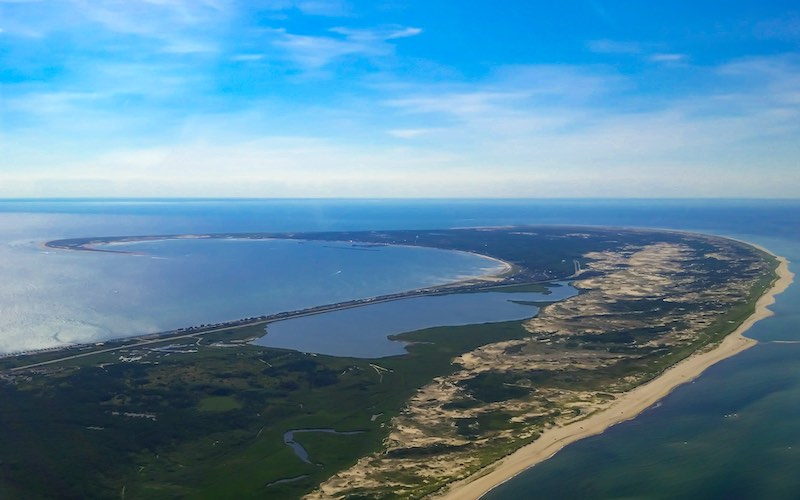
Scott Varisco via Shutterstock
October 28, 2022 (BOSTON, MA) – In response to a push from Conservation Law Foundation (CLF) Massachusetts officials have released a draft plan to combat dangerous nitrogen pollution from septic systems on Cape Cod. CLF released the following statement in response.
“Septic pollution is driving Cape Cod’s waters to disaster,” said Christopher Kilian, Vice President of Strategic Litigation at CLF. “The state has finally taken this concern seriously, but we will be reviewing the proposal to assure that it is strong and effective in solving this problem. Toxic nitrogen pollution destroys our waters, sickens people, and threatens the region’s tourism economy, and it has no place in Cape Cod’s waters.”
The new regulations specify how residents and towns on the Cape must deal with their wastewater. They include a requirement to upgrade polluting on-site septic systems to assure nitrogen removal within five years of the regulation’s finalization.
CLF is pushing for regulations that will:
- Protect and restore water quality on Cape Cod.
Identify waters that are impaired by nitrogen pollution and raise the standards for septic systems that are damaging them. - Require communities to develop action plans to protect their polluted waters – and show how those plans will be effective.
- Close loopholes that would allow cities and towns to avoid their obligations.
- Encourage dynamic, multifaceted solutions that tackle the problem from all angles, rather than relying on a single process to reduce the nitrogen load.
- Press for timelines that ensure that water quality protection efforts don’t come too late to be effective.
- Ensure that the regulation protects impaired and at-risk waters from the unhealthy effects of septic system runoff and under-treated sewage.
The state is accepting public comments until December 16, 2022 and will be holding a series of hearings on the proposed regulations.
CLF experts are available for further comment.
###
